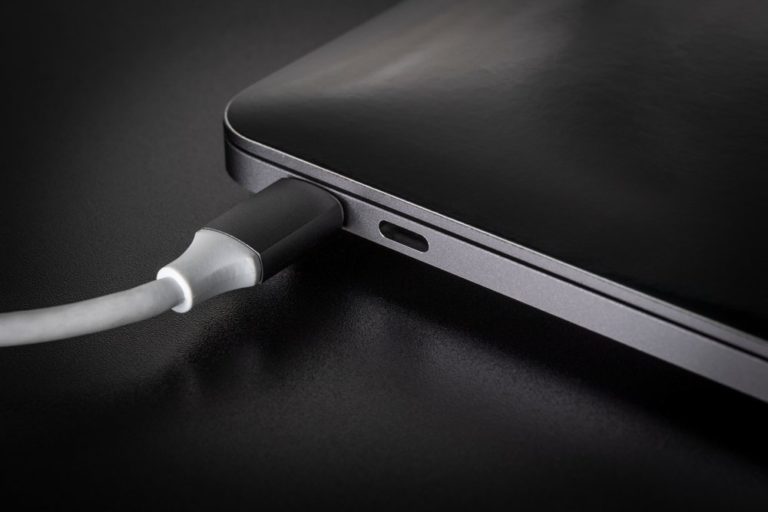New smartphones and tablets sold in the European Union must have a USB-C charging port from 2024 onwards. Laptops follow in the spring of 2026. Regulators can be authorized to take products without USB-C charging ports off the market.
The bill was presented by the European Commission in 2021 and recently adopted by the European Parliament. More than 600 parliamentarians voted in favour of the change, leaving just 13 votes against.
Devices with a power delivery of up to 100 Watts are the first step. In addition to smartphones and tablets, the law applies to cameras, headphones, headsets and earbuds, portable speakers and game consoles, e-readers, mice, keyboards and navigation systems. Starting in the spring of 2026, laptops are required to have a USB-C charging port as well.
Why?
Sustainability is one of the most significant arguments in favour of the law. Charging cables regularly end up on scrap heaps. Plastic sleeves are burned en masse to resell the material on the inside. In addition to emissions from plastic burning, manufacturers tax the environment by producing new cables to replace discarded ones.
A mandatory, universal charging port reduces the number of discarded cables. Users are less likely to discard cables when the cables connect to multiple devices. As USB-C charging cables become more prevalent, manufacturers can choose not to include new charging cables with devices, further reducing emissions.
Market disruption
A side benefit for consumers is that a broken or lost cable can more easily be replaced. The European Commission expects European consumers to save a total of €250 million a year by not having to purchase new charging cables. The downside is that companies dealing in cables miss out on a similar amount. The current market for charging cables will be disrupted, but Brussels finds that the law’s advantages outweigh the disadvantages.
Manufacturers who break the rules risk having their products taken off the market. Apple has repeatedly spoken out against the bill in recent years. The tech giant still manufactures products with Lightning charging cables, including the iPhone 14 series. Despite its dissatisfaction, Apple has been preparing for the transition. The tech giant is expected to be fully ready for USB-C by 2024.
